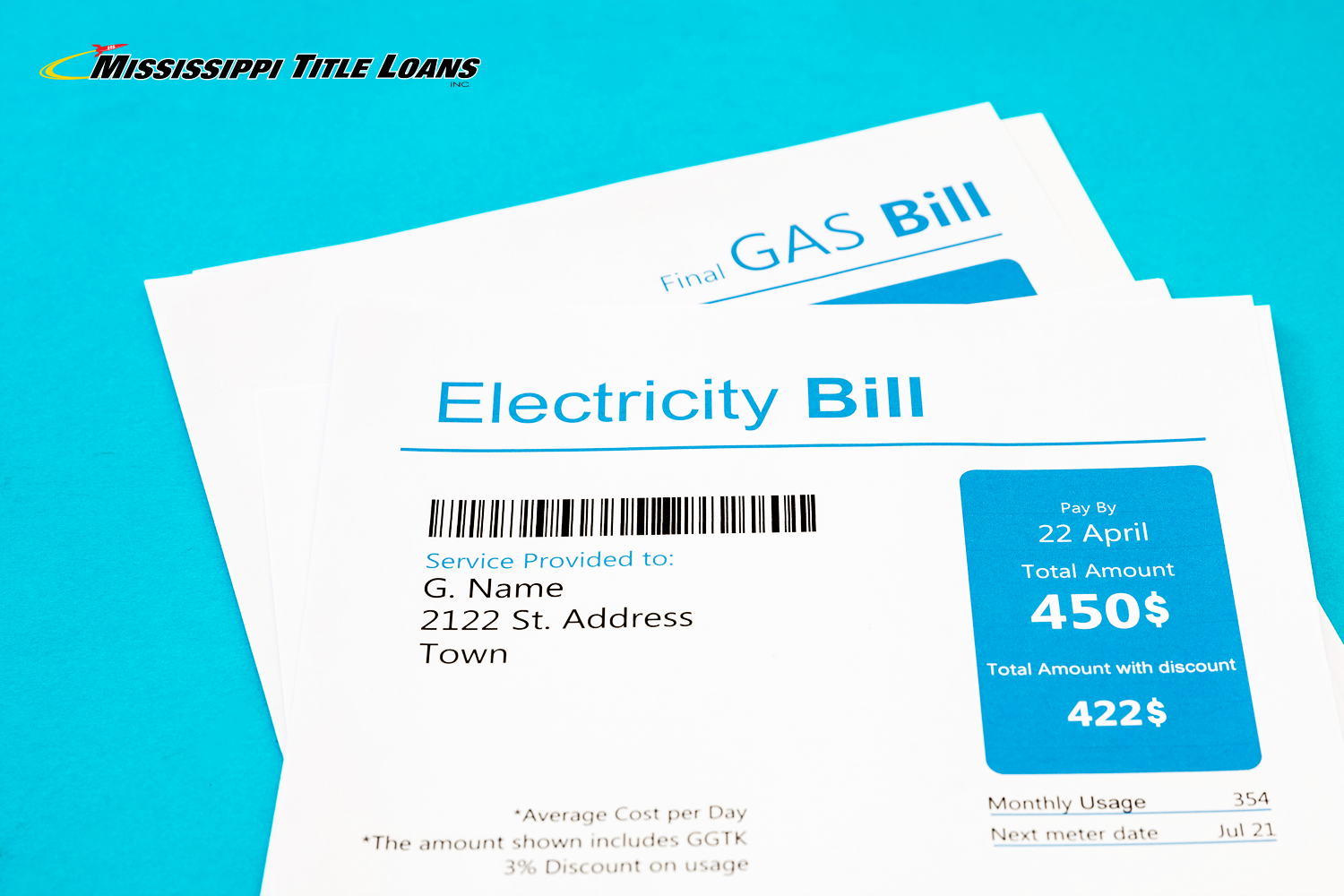




Did you know that there are several payday loan advantages in Mississippi? Learn about them here.
Read More >>
Wondering if you have a lien-free car title? See how you can check the status of your title in this article!
Read More >>
Prepping for a hurricane in Mississippi is a must. Learn 10 tips for how to prepare for a hurricane, and discover how a title loan can help when hurricane prep expenses are too much.
Read More >>
Learn why utility bills are so high in the summer. Discover ways to lower your utility bills during the hot months. Borrow money for utility bills from Mississippi Title Loans, Inc.
Read More >>
Did you get a personal injury settlement? Learn how settlement check cashing works, including requirements, the approval process, and tips to keep your money safe.
Read More >>
Do you need to learn how to get a car title loan for quick cash? Discover everything you need to know about car title loans in Mississippi!
Read More >>
Do you want to gift your car to a family member? Learn about the Mississippi title transfer process, including everything you need to do for a title transfer to a family member.
Read More >>
If you're researching the country's most profitable fast-food franchises this year, our guide will tell you which franchises are the most profitable.
Read More >>
Need help paying your rent in Mississippi? Discover the top seven Mississippi financial resources that will help you pay for lent rent right here.
Read More >>
Find out if you can get a title loan from Mississippi Title Loans, Inc. without visiting a store location!
Read More >>